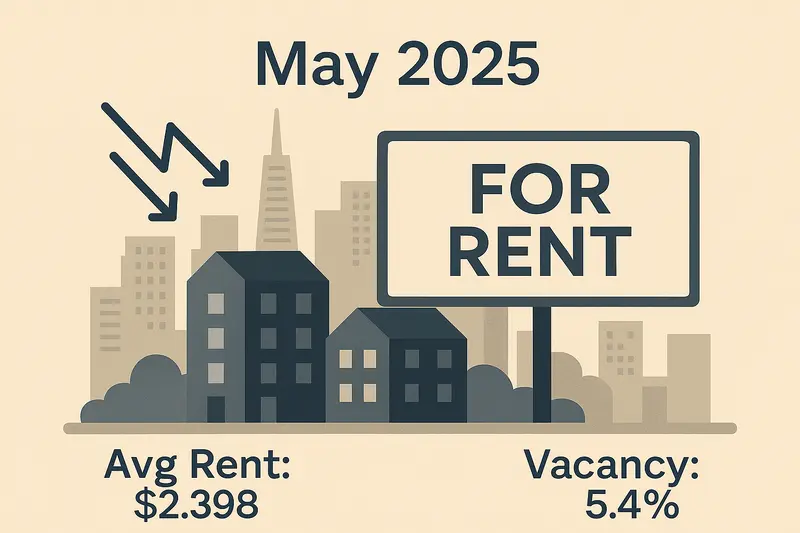Triple Net Lease: Tenant Covers Taxes, Insurance & Maintenance Costs
Question
Answer
Triple net lease (often called a “NNN lease”) is a common commercial real estate arrangement in the United States where the tenant agrees to cover three primary property expenses in addition to base rent. Rather than the landlord shouldering all operating costs, these “net” charges pass through to the tenant, shifting long‑term cost responsibility and risk.
Under a typical triple net lease, the tenant pays:
- Property taxes: Annual local and state taxes assessed on the property.
- Insurance: Building insurance premiums to protect against fire, flood, and liability.
- Common area maintenance (CAM): Costs for upkeep of shared spaces (parking lots, landscaping, snow removal).
These net expenses are calculated per square foot and billed periodically—often monthly, based on annual estimates. For example, a retail tenant leasing 5,000 sq ft might pay a base rent of $20/sq ft plus NNN charges of $5/sq ft, for a total effective rent of $25/sq ft.
In practice, landlords typically:
- Estimate each net charge at lease inception and reconcile actual costs annually.
- Require tenants to pay a monthly pass‑through amount into a reserve account.
- Provide detailed CAM budgets and annual statements to ensure transparency.
Benefits and considerations:
- For landlords: Predictable net operating income and reduced management headaches.
- For tenants: Lower base rent compared to gross leases, but exposure to cost increases.
- Negotiation points: Caps on annual CAM increases, audit rights, and exclusions (e.g., structural repairs).
Triple net leases are especially popular in single‑tenant retail, industrial facilities, and standalone restaurants—properties where tenants have significant control over their premises and can manage operating costs directly.
Before signing a NNN lease, it’s advisable to:
- Review historical operating expenses and tax assessments for the property.
- Clarify which costs are included in CAM and whether reserves are required.
- Consult a licensed real estate attorney or CPA to understand tax implications and potential deductions.
With clear budgeting and due diligence, a triple net lease can offer both landlords and tenants a transparent, straightforward way to allocate property expenses and minimize surprises over the lease term.


